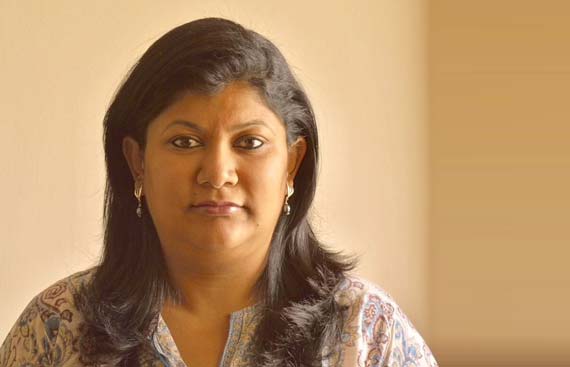The USAF Secretary Requires Pentagon Escort but the Indian Attache Does Not

Frank Kendall, Secretary of the US Air Force, says the unescorted access to Pentagon for Indian defence attaché 'is aligned with the trust and cooperation
One of the major highlights of the deep strategic relationship that has grown between India and the US has been their strong defence ties, it was made clear just how strong they are after it was revealed that the Indian defence attaché team stationed at the Indian Embassy in Washington, DC, has been granted the extremely rare privilege of "unescorted access" to the Pentagon. As a result of its longstanding connection with India and its role as a significant military partner, the Indian attaché team now enjoys unrestricted access to the Pentagon as of today. The US Air Force Secretary, Frank Kendall, who is in charge of organising, educating, and equipping the US Air and Space Forces, stated that this is in line with the mutual trust and collaboration that all parties enjoy. Leading members of the Joe Biden administration's cabinet made an extraordinary showing at the event commemorating India's 75th anniversary of independence. Katherine Tai, the US Trade Representative, joined other senior US officials for the event.
The US Department of Defence, including the three services, is housed in the Pentagon, a five-sided structure in Arlington, Virginia, outside of Washington, DC. Even American citizens are not allowed entry to this highly sensitive location. Under the previous administration of Barack Obama, Kendall had a close working relationship with India and played a key role in the establishment of the US-India Defence Technology and Trade Initiative (DTTI) in 2012 as well as in fortifying the two countries' relationships in the field of national security. Having a long and deep relationship with India, with which they conduct more joint exercises than any other nation, and have been able to develop and strengthen that relationship over time. Partnership and everything that India has done for shared values and interest in the globe as we work together to develop integrated deterrents for the area and the rest of the world. Kendall further noted that the US-India DTTI, through which technology transfer for unmanned aerial vehicles (UAVs) has been occurring, has experienced exponential growth in recent years.
"The move (unescorted access) clearly shows the growing trust the US has in India, particularly as the two like-minded democratic states continue to strengthen their partnership to face down the geostrategic challenges," says Derek Grossman, senior defence analyst at the California-based think tank RAND Corporation. India and the US had their first-ever "2+2 Ministerial Dialogue" under the Biden administration. New Delhi and Washington made a commitment to forge an easy-going working relationship between both military forces across all domains, from the oceans to cyberspace. The bilateral exercise is one of the most essential parts of the common goal for a free and open Indo-Pacific region, told a US Department of Defence spokeswoman to CNN.
The Yudh Abhyas is one such yearly bilateral exercise meant to strengthen interoperability and improve capacity to manage a range of regional security problems, Exercises and training events are "one key piece of this broader endeavour. In addition to "Yudh Abhyas," India and the US conduct a variety of military drills, including Malabar (for the Navy), Red Flag and Cope India (for the Air Force), Tarkash and Vajra Prahar (for the Special Forces), and, most recently, the "Tiger Triumph" exercise (tri-service). To strengthen their defence and strategic connections, the two countries have already signed the Logistics Exchange Memorandum of Agreement (LEMOA), the Communications Compatibility and Security Agreement (COMCASA), and the Basic Exchange and Cooperation Agreement (BECA). Along with this, both parties also reached an agreement on the Industrial Security Annex (ISA) to the India-US General Security of Military Information Agreement (GSOMIA), which has facilitated the transfer of advanced technology from the US to India and the protection of sensitive military data.


.jpg)
